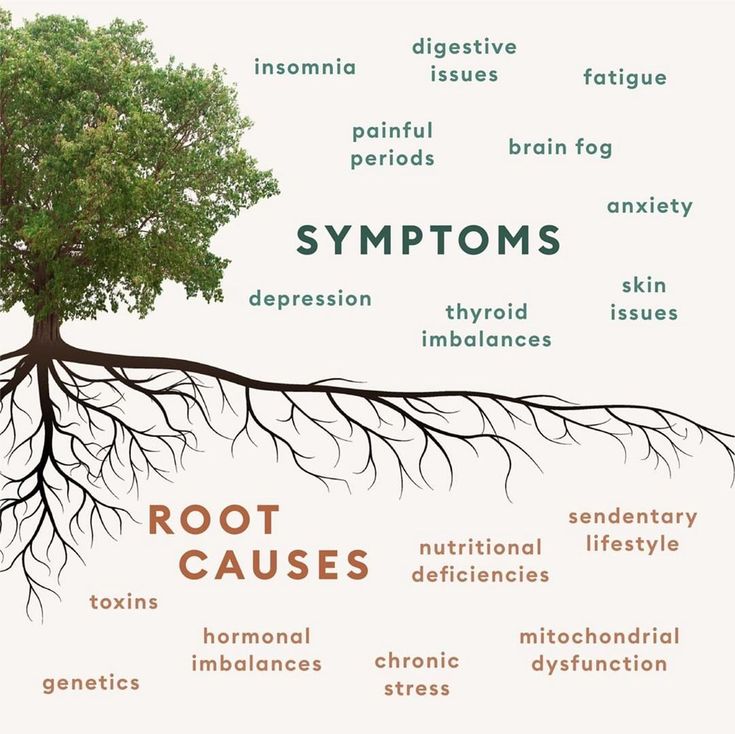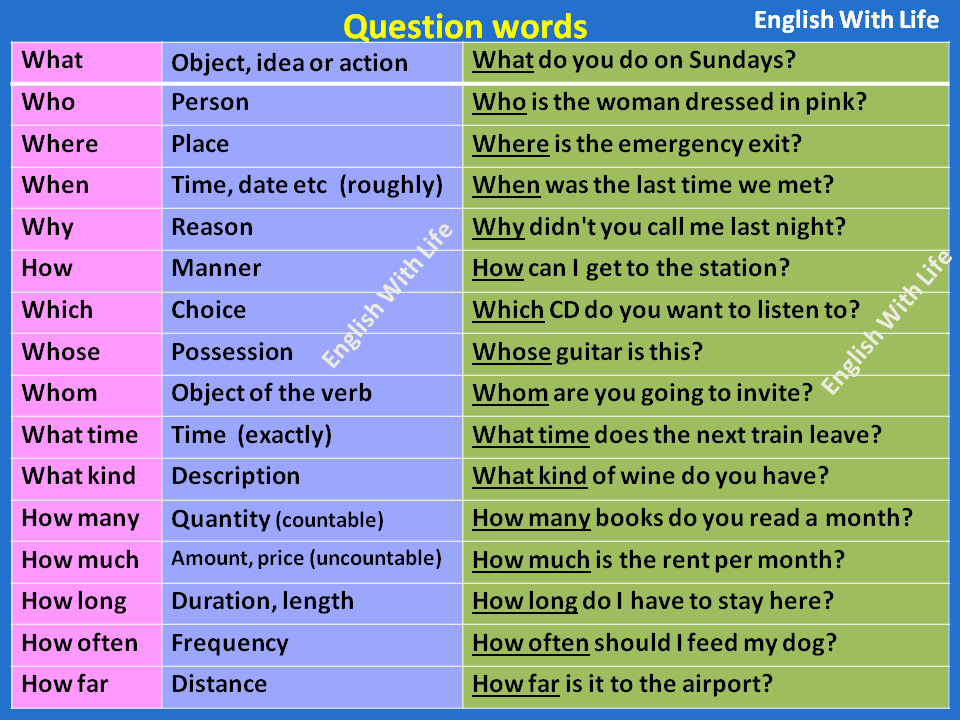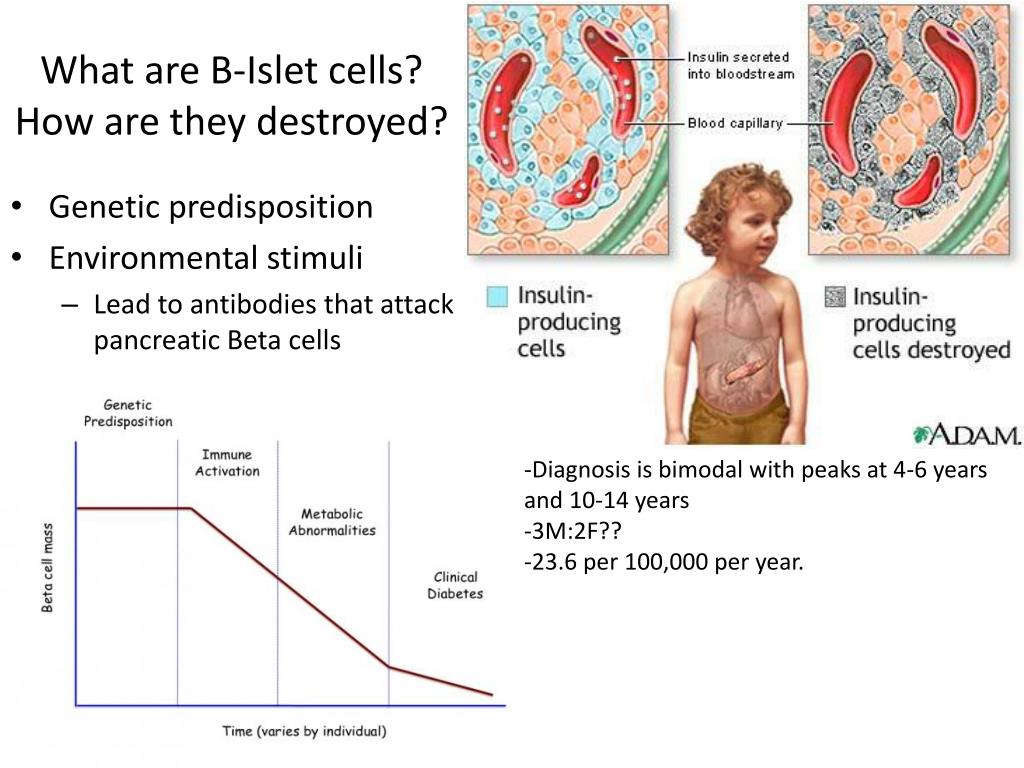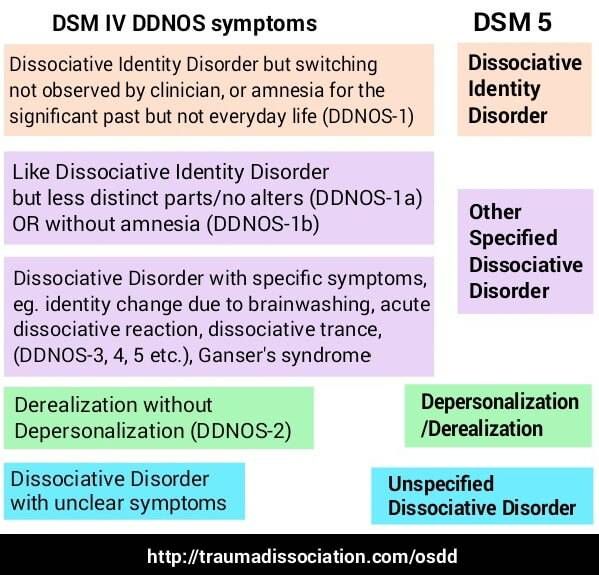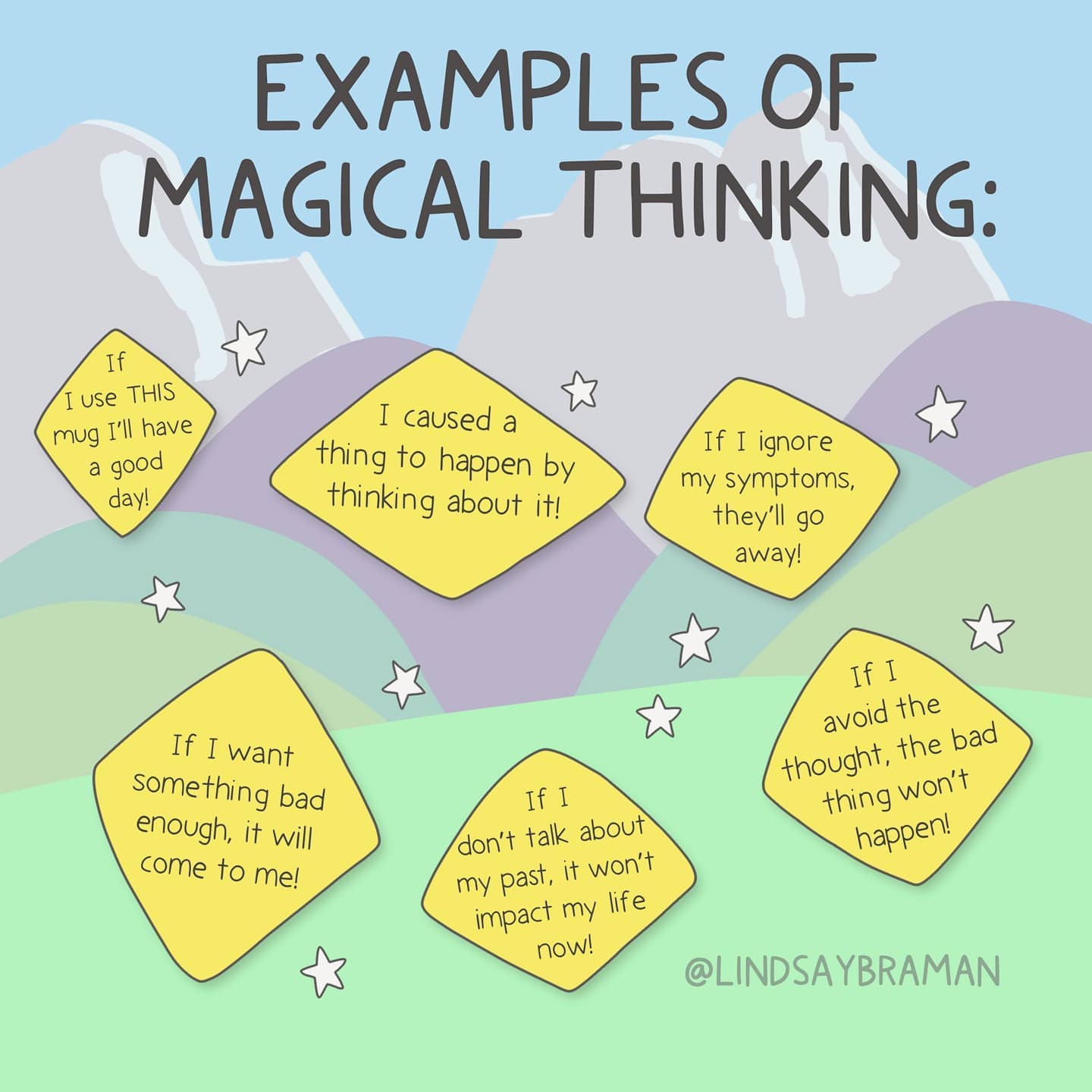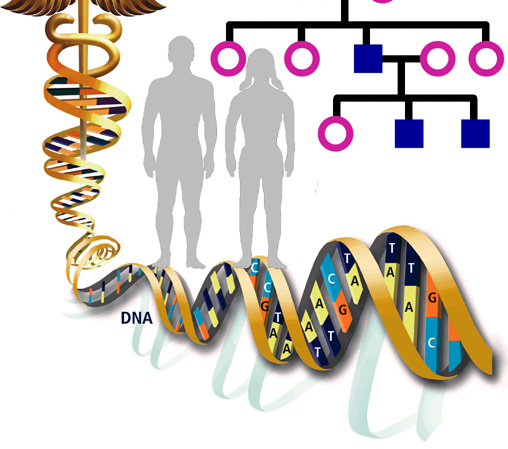What are the symptoms of brain fog
Brain Fog: Solutions to Help You Improve Concentration
Most people have experienced mental fog or brain fog. It is often described as a cloudy-headed feeling. Forgetfulness is a common complaint among older adults. As we grow older, we experience physiological changes that can cause glitches in brain functions we have always taken for granted. It takes longer to learn and recall information. We are not as quick as we used to be. Also, lack of sleep, overworking, and stress can cause brain fog. Brain fog can be frustrating, but relief is possible. Do not ignore your symptoms. If left untreated, brain fog can impact the quality of your life and lead to other conditions such as Parkinson’s disease, memory loss, and Alzheimer’s disease.
What is brain fog syndrome?
Brain fog is characterized by confusion, forgetfulness, and a lack of focus and mental clarity. This can be caused by overworking, lack of sleep, stress, and spending too much time on the computer. On a cellular level, brain fog is believed to be caused by high levels inflammation and changes to hormones that determine your mood, energy and focus. The imbalanced levels of hormones make the whole system to be thrown off. Also, brain fog syndrome can lead to other conditions such as obesity, abnormal menstruation, and diabetes mellitus.
Causes
Brain fog is typically rooted in a lifestyle that promotes hormonal imbalances and is exacerbated by stress.
- Electromagnetic radiation – from computer, mobile phone, tablets
- Stress – reduce blood flow to the brain causing poor memory
- Lack of sleep, no exercise
- Diet – amino acids, vitamins, minerals, and antioxidants
- Toxins, pollution, chemical substances, and insecticides
Symptoms
- Trouble sleeping, insomnia
- Headaches
- Low energy or fatigue
- Impaired cognitive function
- Mood swings
- Irritables
- Forgetfulness
- Trouble concentrating
- Low motivation, lack of ideas
- Excessive absences
- Mildly depress
Treatment – ways to end brain fog
Brain fog treatment depends on the cause.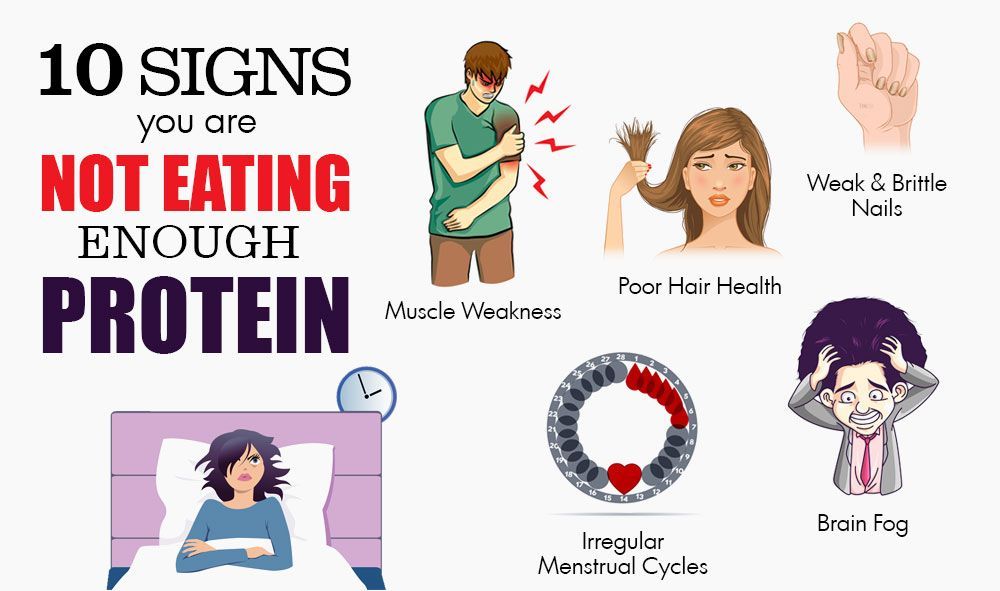 Lifestyle modifications can also help.
Lifestyle modifications can also help.
- Spend less time on computer and mobile phone – remind yourself to take a break
- Positive thinking, reduce stress
- Change your diet
- Get enough sleep – 7-8 hours a day, go to bed at 10pm or no later than midnight
- Regular exercise
- Avoid alcohol, smoking, and drinking coffee in the afternoon
- Finding enjoyable activities
Supplements to help stop brain fog
- Fish Oil – contains long chain omega 3 fatty acids, DHA.
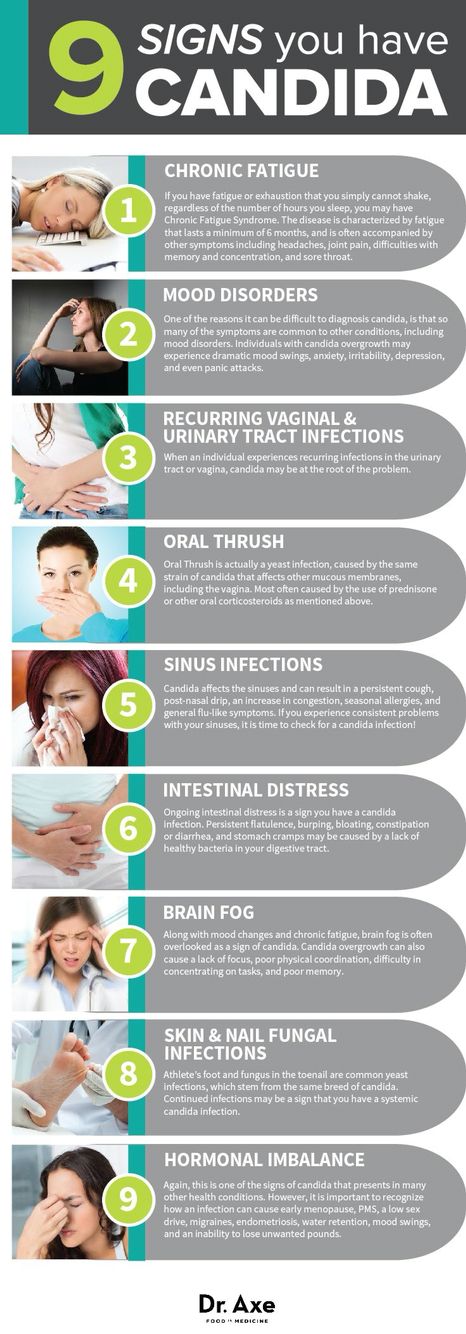 The source is salmon, tuna, mackerel, and sardines. It can improve brain function, motor skills, and vision.
The source is salmon, tuna, mackerel, and sardines. It can improve brain function, motor skills, and vision. - Ginkgo Biloba Extract – widely studied for its effective anti-inflammatory, antioxidant, platelet-forming and circulation-boosting effects. Ginkgo biloba benefits include improved cognitive function, positive mood, increased energy, improved memory and reduced symptoms related to multiple chronic diseases. It can also reduce the risk of Alzheimer’s disease.
- Choline Bitartrate – Choline is chemically related to the B group of vitamins. Choline is important for cell membranes and for the production of the neurotransmitter acetylcholine, which has a role in memory and muscle control.
- Gamma Oryzanol – have been shown to raise the levels of neurotransmitters in central nervous system. It also promotes mood relaxation and restful sleep.
- L-Theanine – promotes relaxation and facilitates sleep by increasing level of serotonin, dopamine, and GABA.
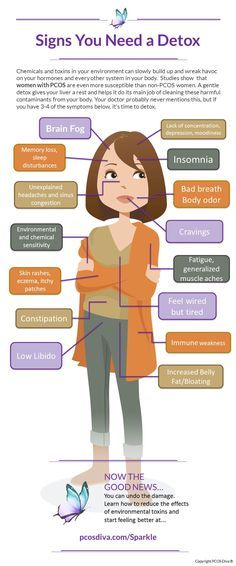 L-theanine is known as an anxiolytic—it works to reduce anxiety.
L-theanine is known as an anxiolytic—it works to reduce anxiety. - Phosphatidylserine – is an important chemical with widespread functions in the body. It is part of the cell structure and is key in the maintenance of cellular function, especially in the brain. Taking phosphatidylserine can improve some of the symptoms of Alzheimer’s disease and dementia. Also, it helps improve thinking ability, attention, impulse control, and hyperactivity in children and teens with attention deficit hyperactivity disorder (ADHD).
- Inositol – is once considered a member of vitamin B complex. It has a role in nervous system and fat metabolism. It helps in production of healthy cells in the bone marrow and cell membrane production – myelin sheath. Also, it is important for hair growth.
- Ginseng Extract – Ginseng effectively regulates the immune response and the hormonal changes due to stress, thus maintaining homeostasis.
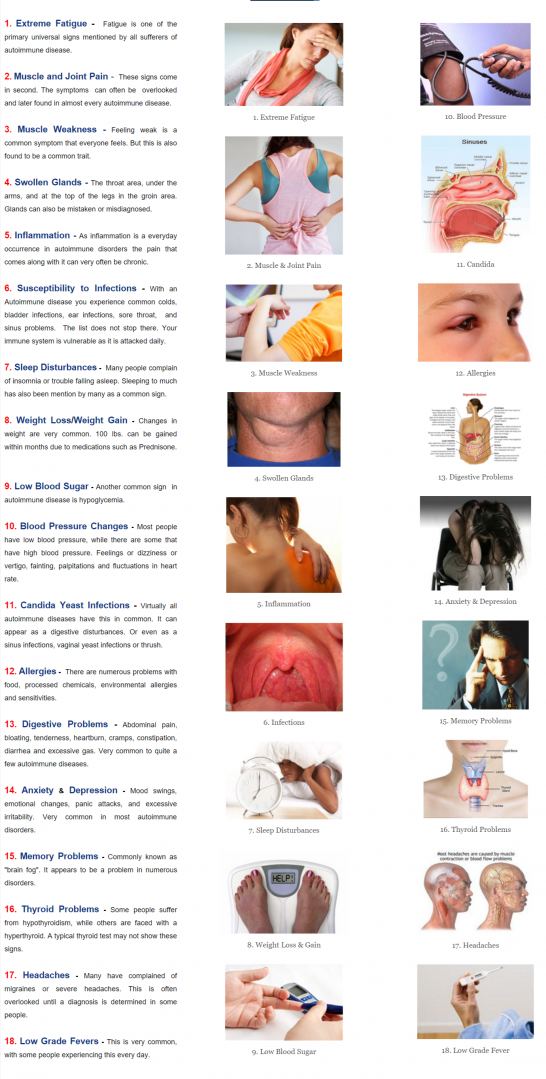 In addition to suppressing the occurrence of psychological diseases such as anxiety and depression, ginseng also prevents stress-associated physiological diseases.
In addition to suppressing the occurrence of psychological diseases such as anxiety and depression, ginseng also prevents stress-associated physiological diseases. - Soy Lecithin – composed of phosphatidylcholine. It improves memory and learning ability. It also helps reduce the risk of gall stones and improve liver function. Research shows that it helps improve brain function and can prevent dementia.
- L-Carnitine L-Tartrate – has an important role in acetylcholine production. It helps improve brain function and dementia. This amino acid can pass through blood brain barrier (BBB) and regulates neurotransmitter level in the brain.
- Vitamin C (Calcium Ascorbate) – plays an important role in the body. It is needed to maintain the health of skin, cartilage, teeth, bone, and blood vessels. It is also used to protect your body’s cells from damage. It is known as an antioxidant. Also, it helps regulate body temperature and hormonal production.
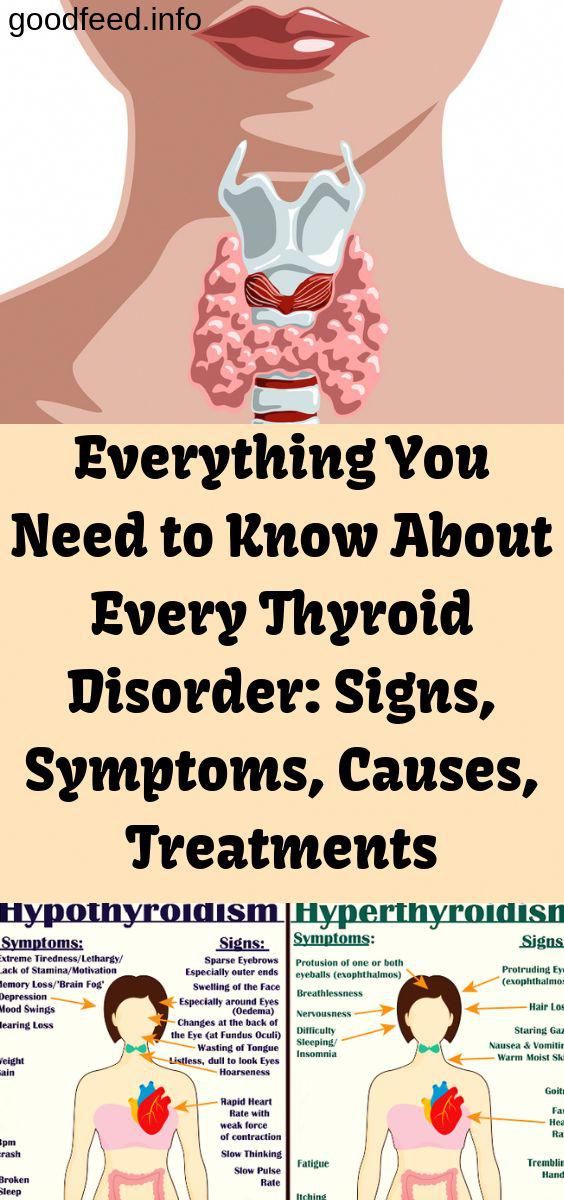
- Vitamin A Acetate – is an important fat-soluble vitamin. It promotes good vision and counteracts night blindness and eye disorders. Vitamin A aids in proper function of immune system. It is also necessary for normal cell growth and development. Another important role is it is an antioxidant that protect cells from free-radical damage.
- Vitamin E DL-Alpha-Tocopheryl Acetate) – fights free radicals and prevents disease development. Certain isomers of vitamin E have powerful antioxidant abilities that have the power to reduce free radical damage, fight inflammation, and therefore help naturally slow aging in your cells and fight off health issues like heart disease, hypertension, aging, and cancer.
- Vitamin B Complex – B complex vitamins help your body make energy from the food you eat, form red blood cells, and play an essential role in certain bodily functions. Vitamin B1 is a therapeutic agent for neuropathy.
 Vitamin B2 helps convert food into energy. Vitamin B3 helps enzymes in the body function properly by helping the body use other B vitamins. Vitamin B5 promotes digestive system and healthy skin. Vitamin B6 involves in immune function and brain development. It aids in the formation of neurotransmitters. Vitamin B12 is required for the formation of red blood cells and DNA. It is important for protein metabolism.
Vitamin B2 helps convert food into energy. Vitamin B3 helps enzymes in the body function properly by helping the body use other B vitamins. Vitamin B5 promotes digestive system and healthy skin. Vitamin B6 involves in immune function and brain development. It aids in the formation of neurotransmitters. Vitamin B12 is required for the formation of red blood cells and DNA. It is important for protein metabolism.
Every brain changes with age, and mental function changes along with it. Mental decline is common, and it’s one of the most feared consequences of aging. There are ways you can help to maintain brain function: reducing the use of smartphone, tablet, and computer, getting enough rest, eating healthy food, and taking essential supplements that prepared by a team of experts. These can help improve memory, reduce stress, and maintain emotional balance.
6 Brain Fog Symptoms to Watch Out For
Jump to section
What does brain fog feel like?
What is brain fog a symptom of?
Brain fog after COVID
Brain fog treatment
Don’t let brain fog hold you down
“Brain fog” has become a buzz term lately.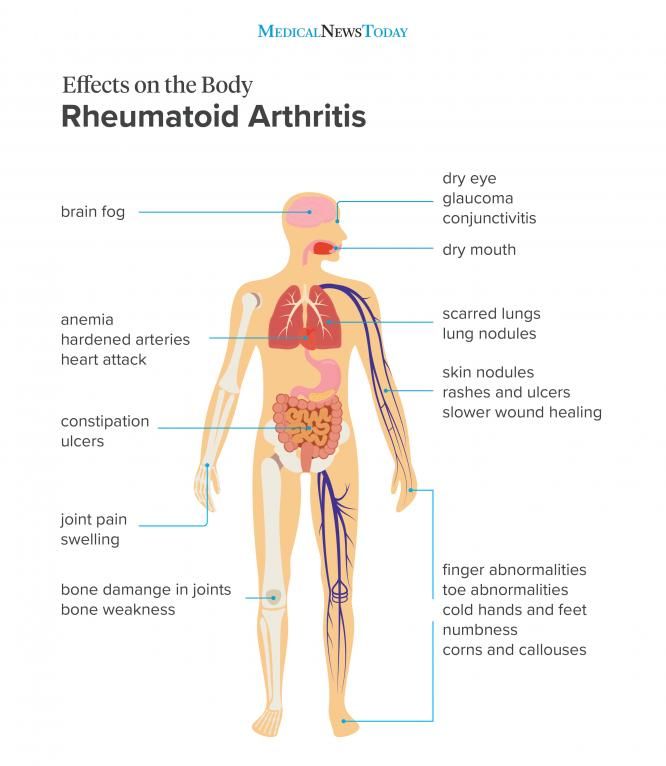 Since the start of the pandemic, public health officials have worked diligently to communicate the symptoms of COVID-19. And brain fog was a common (and surprising) one.
Since the start of the pandemic, public health officials have worked diligently to communicate the symptoms of COVID-19. And brain fog was a common (and surprising) one.
The pandemic might have been your first time learning about this cognitive condition. But it’s far from a new phenomenon. Doctors and scientists have investigated it for years and are aware of a few potential causes.
Stress and anxiety can wear you down and cause mental fatigue, making it harder to think, and hormonal imbalances due to menopause or pregnancy can be the culprit. Depending on your age, brain fog could be an early sign of Alzheimer’s disease or dementia.
It’s important to remember that “brain fog” isn’t a medical condition in itself. Rather, it refers to a set of symptoms that affect your ability to think, negatively affecting your work performance. For example:
- You make small mistakes like forgetting email attachments
- You leave typos in important documents
- You have trouble motivating yourself to complete difficult tasks
A doctor will help you identify the cause of any brain health issues, but they’ll have to assess your symptoms first.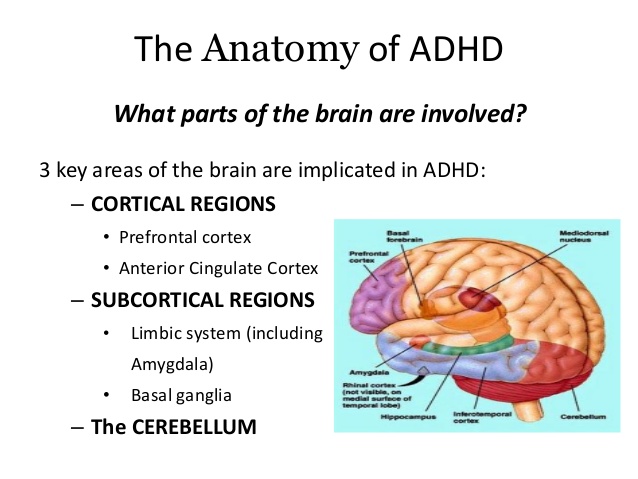 Brain fog could indicate a more serious underlying condition. But cognitive function problems aren’t as easy to identify as a scraped knee or broken arm, so you’ll have to communicate your symptoms yourself. Then your doctor can help you decide on the next steps.
Brain fog could indicate a more serious underlying condition. But cognitive function problems aren’t as easy to identify as a scraped knee or broken arm, so you’ll have to communicate your symptoms yourself. Then your doctor can help you decide on the next steps.
Here’s a look at the common brain fog symptoms. Pay attention to which ones you relate to so you can clearly communicate them to your health care professional.
What does brain fog feel like?
Brain fog will feel different for everyone. But people usually report feeling less sharp than usual. Everyday activities require more effort than they would otherwise. The mind feels “hazy,” making it difficult to access your thoughts or plan ahead. You might also be more forgetful than normal and prone to confusion.
What are the symptoms of brain fog?
Your brain fog might look different from someone else’s. You might be tired and prone to confusion, while they might feel forgetful and unable to focus. Both can be considered cases of “brain fog,” even if they’re experienced differently.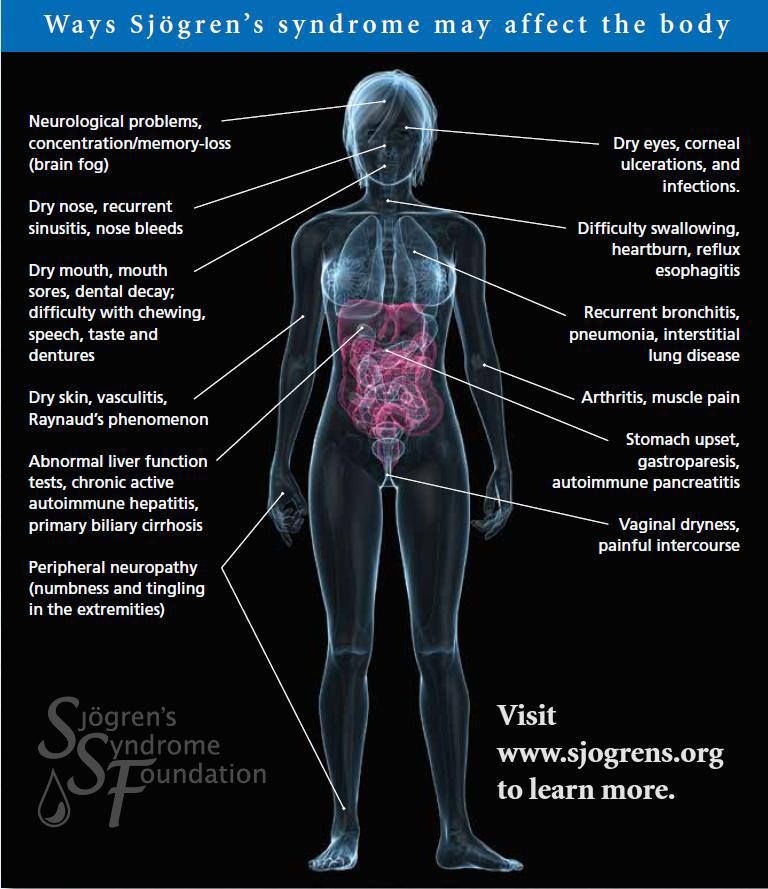
Here are some of the common symptoms to look out for:
1. Clouding of consciousness
This symptom is the “fog” in “brain fog.” It refers to your reduced ability to perceive, understand, and think clearly. You feel dissociated or distanced from reality and have difficulty responding to external events.
This can severely impact your day-to-day life. You may not hear someone when they talk to you or notice traffic when crossing the street. And, if you manage to snap out of it, you may not remember what happened during the clouded period.
2. Fatigue
When you have chronic fatigue syndrome, you’re more than a bit sleepy. You’ll feel an ongoing sense of tiredness that interferes with your day-to-day life. No matter how much you sleep, you won’t shake this feeling of exhaustion.
Living with chronic mental fatigue can be debilitating. It ruins your concentration, exacerbates pain, and can hurt your social life. Over time, this can lead to:
- Irritability
- Loneliness
- Forgetfulness
- Depression
3.
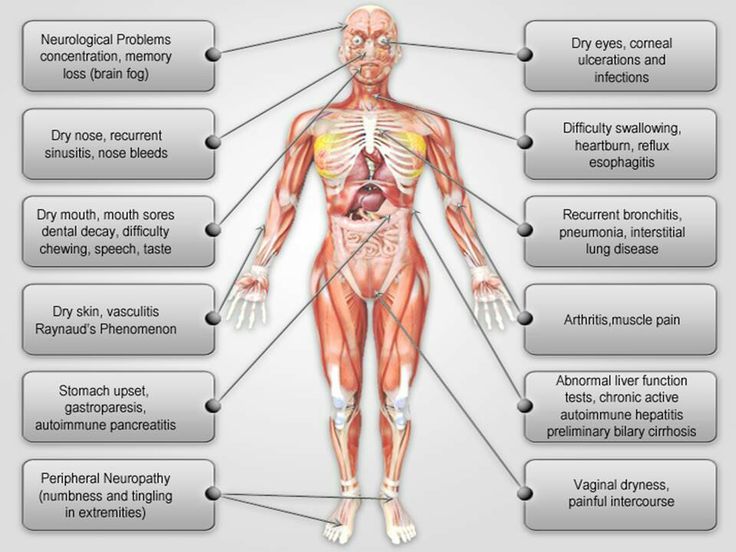 Confusion
ConfusionWhen you’re confused, you’ll likely have a hard time focusing and making decisions. You may also feel disoriented, lost, and unable to turn thoughts into words.
Here are some common signs of confusion:
- Slurring words
- Pausing for a long time mid-speech
- Abnormal or incoherent words and sentences
- A missing sense of direction
- Inability to track time
- Sudden changes in emotion
- Easily losing your train of thought
When you’re confused, you may need help completing daily tasks. It’s worth asking a loved one for assistance if you need it — at least until the confusion subsides.
4. Lack of focus
Focus is your ability to direct your attention to a single point rather than succumbing to external distractions. If you’re writing a screenplay in a coffee shop, focus helps you drown out the noise and stay on task.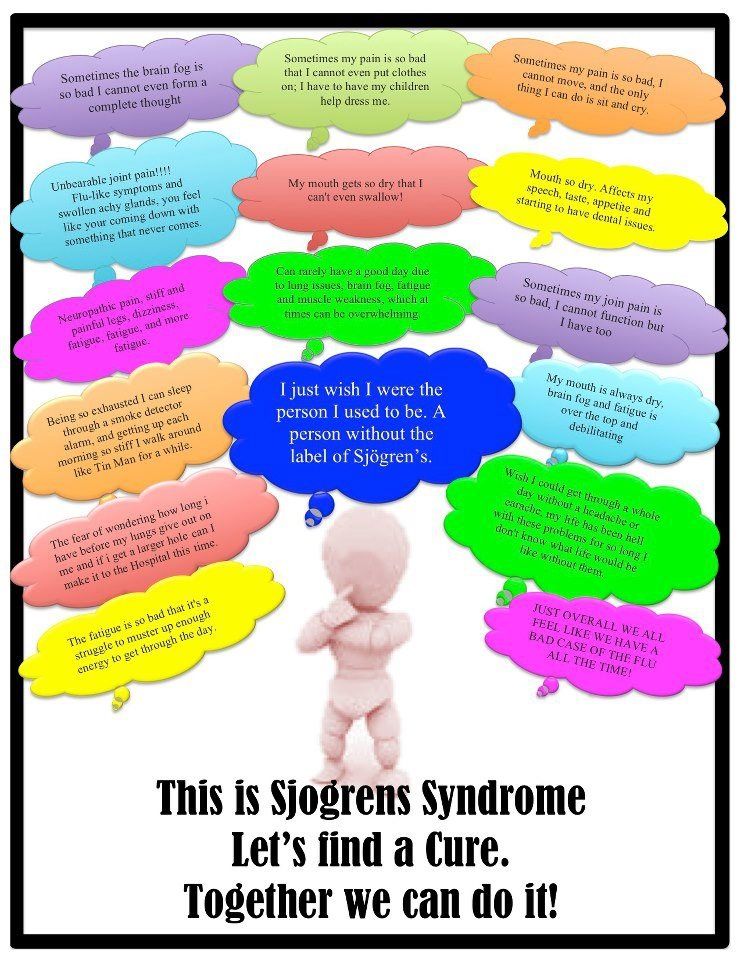
People with brain fog are prone to a lack of focus. While working on a task, your mind might wander, or you might constantly gravitate toward your phone. Difficult tasks take more time because you can’t concentrate long enough to complete them.
This is particularly harmful when it comes to your productivity. You can’t make simple decisions anymore, you make small mistakes like forgetting email attachments, and you struggle to find the motivation to complete your work. Over time, these effects hurt your overall work performance.
5. Difficulty concentrating
Concentration is your ability to immerse yourself in a task. You can stare at your screenplay forever, but you won’t make any progress unless you internalize and process what you’re reading.
Brain fog can affect both your focus and concentration. That means you’re prone to distractions, unable to direct your attention at will. And even if you do, you have a hard time processing the information necessary to complete your task.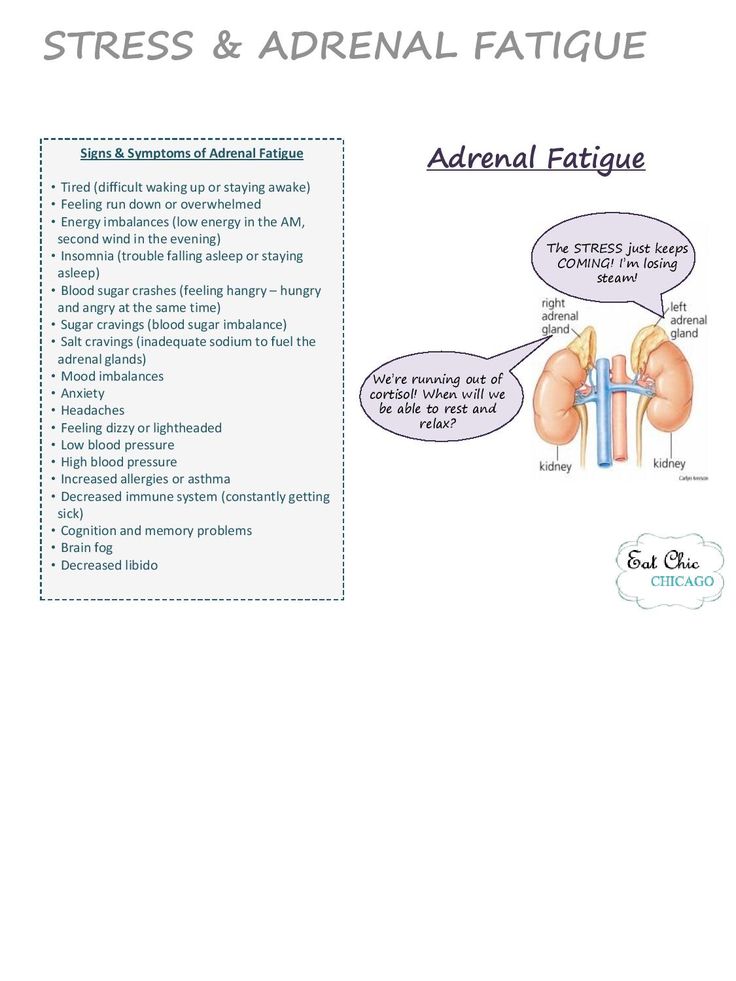
6. Forgetfulness
Memory lapses are normal once in a while. You might forget to pick something up at the store or leave your clothes in the washer overnight after it finishes.
But frequent forgetfulness can be scary. If you regularly forget to turn off the oven before leaving the house, you risk hurting yourself or others.
If you’re worried about your memory, consult your physician. They can connect with a memory specialist who can review your symptoms and test you for more serious types of cognitive impairment.
What is brain fog a symptom of?
Occasional fuzziness and forgetfulness happen more often as you grow older. But the truth is, brain fog can happen to anyone, at any age, for any number of reasons. In fact, up to 600 million people worldwide experience this cognitive condition.
Once you communicate your cognitive symptoms to your doctor, they can put you on a path toward recovery. But your brain fog treatment will look different depending on its underlying cause.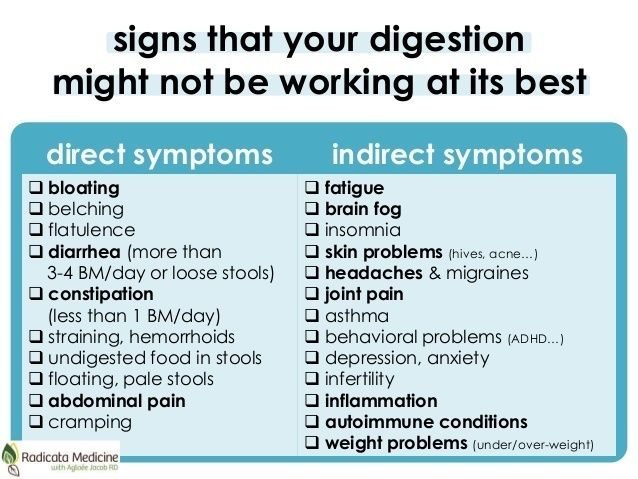
Here are some common causes of brain fog:
- Chronic stress. Your body’s natural fight or flight response raises your blood pressure, blood sugar, and heart rate. This can be useful in small doses but will wear you down over time. This increased fatigue can affect your cognitive performance.
- Not enough sleep. Bad sleep hygiene and a general lack of sleep can slow down your thoughts, hurt your working memory, and make learning difficult.
- Hormonal changes. Pregnancy and menopause can affect your energy levels and ability to focus. Usually, the effects are temporary as your body adjusts to a new normal.
- Diet. A lack of Vitamin B12 can cause fatigue, memory problems, and confusion. Food allergies and sensitivities can also influence your cognition. Improving your diet or taking supplements can help you increase your concentration levels.
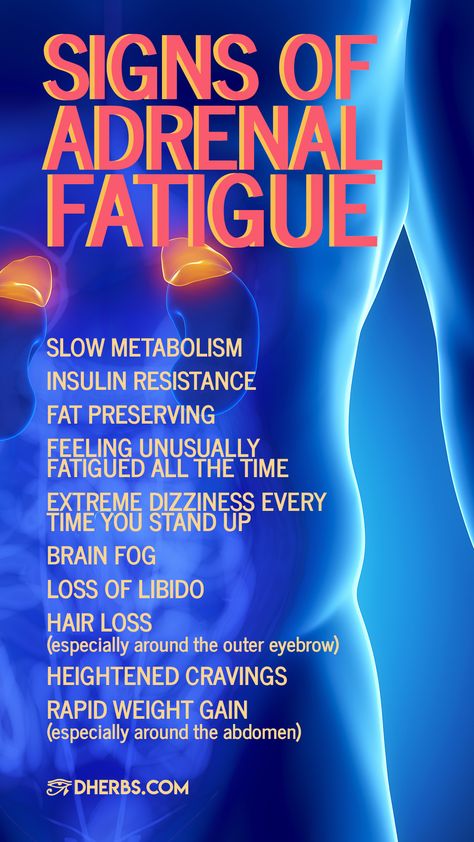
- Mental health disorders. Depression and anxiety can use up cognitive resources required for day-to-day living, leading to grogginess and brain fog.
- Medications. Certain drugs have side effects that can affect cognitive performance. For example, people undergoing chemotherapy cancer treatments often report brain fogs symptoms (earning the nickname “chemo brain”).
- Dementia/Alzheimer’s. Brain fog could be a sign of early-onset cognitive decline.
- Other medical causes. Anemia, multiple sclerosis, diabetes, thyroid issues, and various other health conditions can also affect your brain functions.
Brain fog after COVID
When you have COVID-19, short-term symptoms such as headaches, coughing, and fevers usually last up to two weeks. But some people can experience lingering symptoms well beyond that point.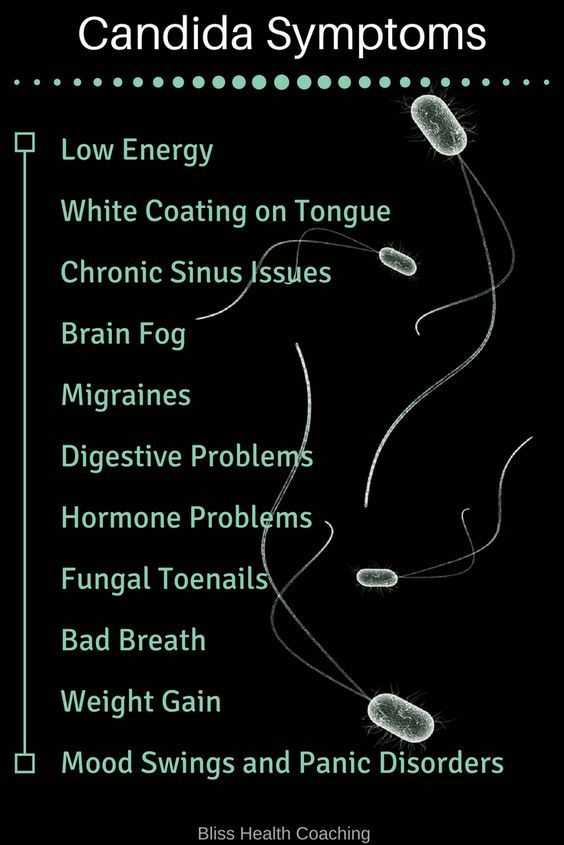 In the case of brain fog, it can last between six weeks and a year after the initial infection — recategorizing your condition from “COVID” to “Long COVID.”
In the case of brain fog, it can last between six weeks and a year after the initial infection — recategorizing your condition from “COVID” to “Long COVID.”
Researchers are slowly learning more about COVID’s effect on the brain. Some scientists suspect COVID-19 infects brain cells that support daily functioning.
Other researchers attribute brain fog to a faulty immune response, where your body attacks its own brain tissue in addition to the virus itself.
Brain fog could also be a product of bodily fatigue. Upon infection, your immune system requires extra energy to fight the virus, which leaves very little left over for regular brain activity.
The severity and duration of your brain fog are usually linked to the severity of your initial infection. The more brutal your initial symptoms, the more time your body needs to recover.
COVID-19 can also put you at risk for post-COVID depression — half of COVID survivors struggle with this condition. If you’re worried about your mental health after recovering from the coronavirus, it’s worth reaching out to a mental health professional.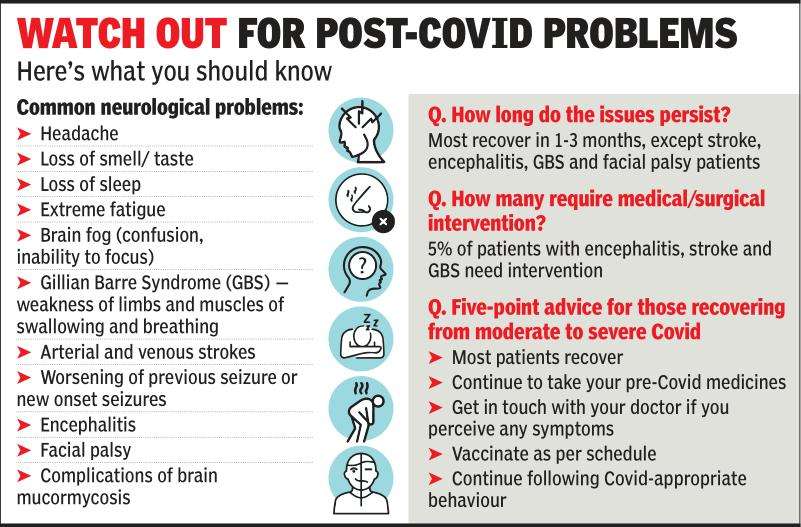 They can help you overcome depressive symptoms causing brain fog.
They can help you overcome depressive symptoms causing brain fog.
Brain fog treatment
A doctor will help you treat your brain fog symptoms, but the first step is to determine their underlying cause. “Chemo brain” will require a different approach from depression-related issues.
In many cases, basic lifestyle changes should help you overcome the grogginess. Improving your sleep hygiene and reducing your stress levels can free up valuable energy to regain your mental clarity.
But you may require further testing if your doctor is concerned about an underlying condition. Especially if you’re a bit older, they may test you for early signs of Alzheimer’s disease or other types of memory loss.
Don’t let brain fog hold you down
It’s normal for brain fog symptoms to leave you feeling unlike yourself. They can take away your ability to do the things you love and focus on the work that’s most important to you.
But you can make this feeling temporary.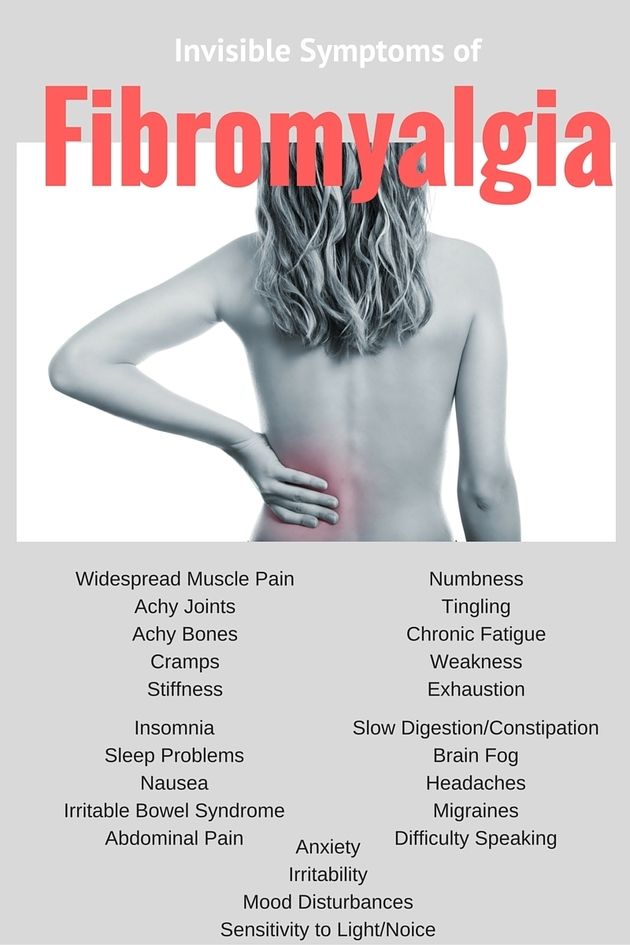 Conditions like stress, anemia, and diabetes are manageable with some basic lifestyle changes and guidance from a health professional. And if you can clearly identify and communicate your symptoms, it will be easier for you to walk the path to wellness.
Conditions like stress, anemia, and diabetes are manageable with some basic lifestyle changes and guidance from a health professional. And if you can clearly identify and communicate your symptoms, it will be easier for you to walk the path to wellness.
It may take a while before you feel like yourself again. But with a bit of patience and effort, we believe you’ll thrive in no time.
Find your way back and get rid of brain fog instantly
Do you feel like you can't focus on anything? Thoughts scatter in all directions? You may be experiencing brain fog, a term used to describe feelings of confusion, forgetfulness, and lack of concentration. It can be caused by a variety of reasons, including stress, anxiety, lack of sleep, and diet. In this article, we will explain what brain fog is, what are its causes and symptoms, and how to eliminate it. nine0003
WHAT IS BRAIN FOG?
Brain fog is a term used to describe a variety of cognitive symptoms usually associated with poor brain function.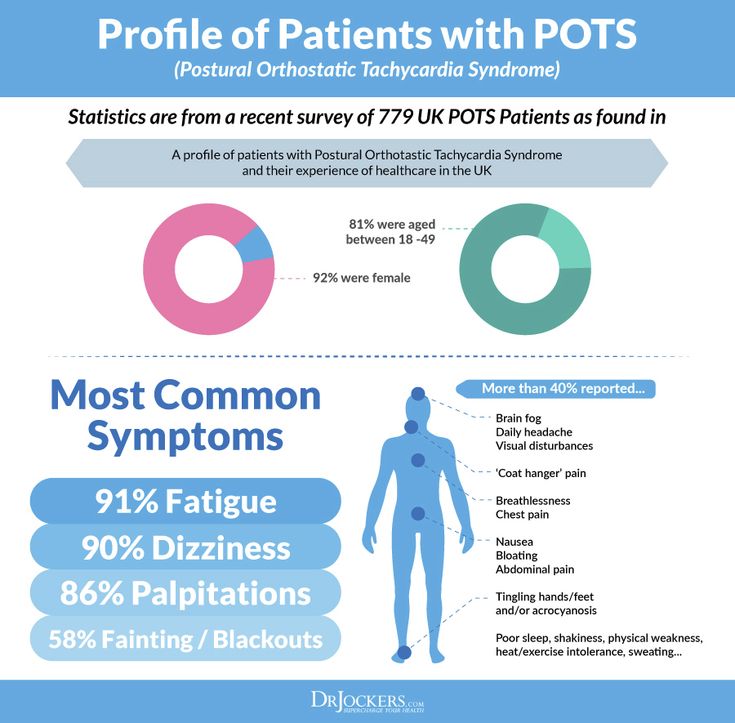 These include difficulty with clear or "muddy" thinking and concentration, memory problems, feeling mentally tired, feeling confused or disoriented. While brain fog can be caused by a number of different factors, including stress, illness, and poor nutrition, there are several strategies you can use to combat this condition. For example, increasing your intake of essential nutrients, such as omega-3 fatty acids and B vitamins, promotes brain health and performance. nine0003
These include difficulty with clear or "muddy" thinking and concentration, memory problems, feeling mentally tired, feeling confused or disoriented. While brain fog can be caused by a number of different factors, including stress, illness, and poor nutrition, there are several strategies you can use to combat this condition. For example, increasing your intake of essential nutrients, such as omega-3 fatty acids and B vitamins, promotes brain health and performance. nine0003
In addition, regular movement and adequate sleep also help fight brain fog. Properly chosen strategies will help you overcome the fog and restore clarity of thought.
Don't be fooled by symptoms as they can affect your quality of life and in some cases, if left untreated, can be early signs of possible Parkinson's disease, memory loss and Alzheimer's disease.
GENERAL SIGNS OF MIND BLUE
If you suffer from this, you are likely to recognize the symptoms: impaired brain function, such as difficulty focusing or concentrating, forgetfulness and difficulty remembering information, difficulty processing information quickly and difficulty with decision making.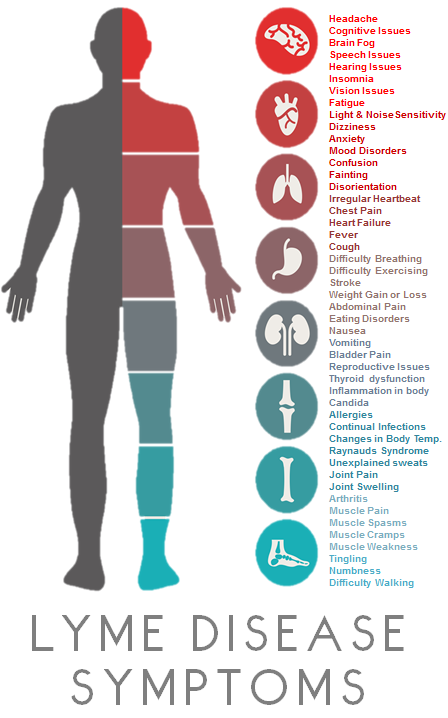 Possible causes of brain fog include stress, depression, poor diet, medical conditions, drug side effects, infections, or other illnesses. nine0003
Possible causes of brain fog include stress, depression, poor diet, medical conditions, drug side effects, infections, or other illnesses. nine0003
How can you tell if the problem is brain fog? The best way to determine if it's affecting your daily life is to look for warning signs. One option is to keep a diary to record when brain fog sets in and what may have happened just before.
Other options include using online brain tests or talking to a doctor about a possible diagnosis. Ultimately, the key to improving brain function and reducing fog is identifying the underlying cause and working to address it through lifestyle changes or, if necessary, medical treatment. Symptoms can vary from person to person, however some common symptoms include:
- Difficulty concentrating or focusing on tasks
- Problems with short-term memory
- Forgetfulness
- Feeling "hazy" or "drowsy"
- Lack of motivation or energy, such as chronic fatigue syndrome
- Disorganization
CAUSES
Various causes and problems can be the root cause of how you feel the way you feel.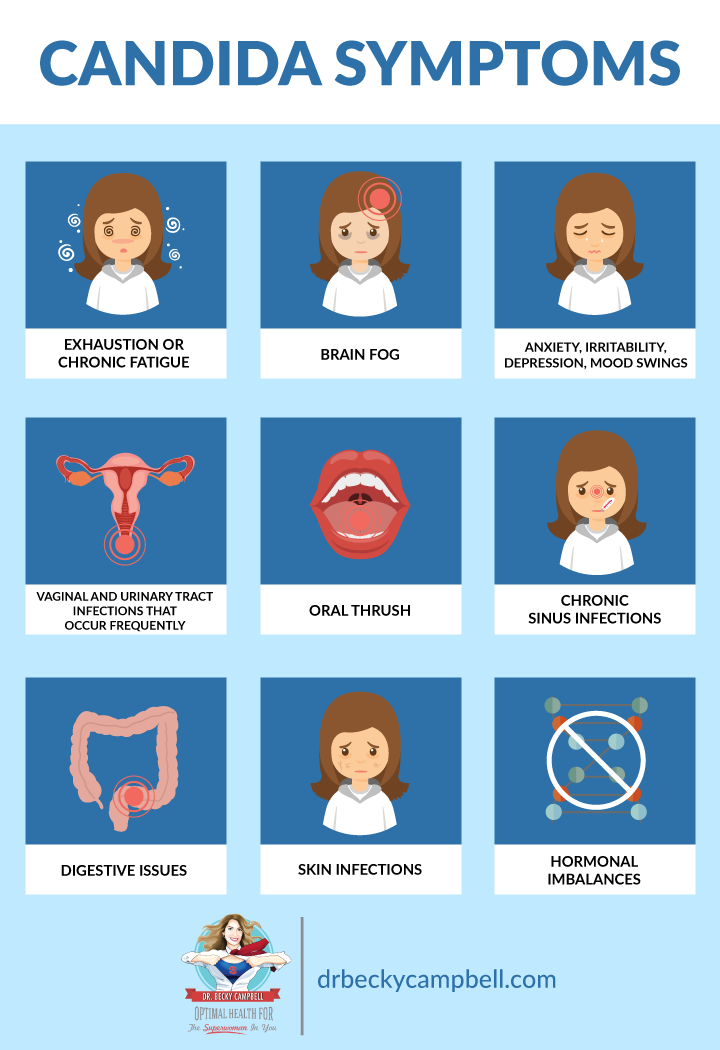 This may be an undiagnosed health condition or external factors. nine0003
This may be an undiagnosed health condition or external factors. nine0003
IMMUNE SYSTEM
The immune system and brain fog are closely related because both functions are regulated by the brain. It is responsible for the production of immunoglobulins, which help regulate the body's response to disease-causing pathogens. Similarly, fog can be caused by an imbalance in the immune system, as certain diseases can cause chronic inflammation and disrupt brain chemistry.
That is why managing the immune system and reducing inflammation are critical strategies for effective prevention. It is highly recommended to eat a healthy diet that includes anti-inflammatory foods. nine0003
CONNECTION TO THE CENTRAL NERVOUS SYSTEM
The central nervous system and the brain fog are closely interconnected and influence each other in a complex feedback loop. On the one hand, brain fog can be caused by diseases that affect the nervous system, such as neurological disorders such as Parkinson's or Alzheimer's. These diseases often disrupt the brain and cause confusion, memory loss, and difficulty concentrating. nine0003
These diseases often disrupt the brain and cause confusion, memory loss, and difficulty concentrating. nine0003
In addition, the stress hormones cortisol and adrenaline have a negative effect on the brain and contribute to the symptoms of brain fog, such as feeling disconnected from one's thoughts or problems with concentration and attention. Thus, it is clear that there is a strong relationship between nervous system health and brain fog, and addressing it may require a comprehensive approach that takes into account both physical factors and emotional well-being.
ANXIETY AND STRESS
When you experience anxiety or stress, your brain is in a constant state of alert, which can lead to brain fog. In addition, anxiety and stress can cause difficulty concentrating, which eventually leads to fog. If you're experiencing brain fog, you need to find ways to relax and reduce your stress levels. For serious or persistent problems, see a doctor or mental health professional to rule out any underlying medical conditions.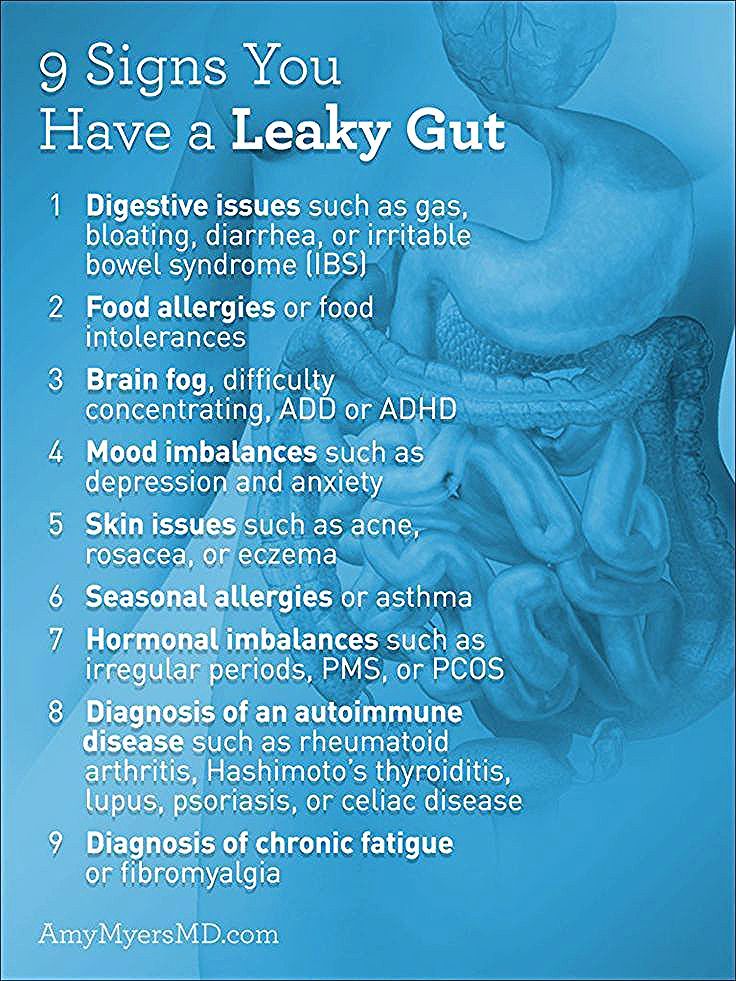 nine0003
nine0003
NUTRITION
While brain fog can have many causes, its connection to nutrition is often overlooked.
The brain is a very active organ and requires a constant supply of nutrients to function properly. When we don't eat right, our brain doesn't get the fuel it needs to function optimally. Over time, this can lead to the development of brain fog.
Several nutrients are vital for brain health, including omega-3 fatty acids, B vitamins and antioxidants. B3 promotes enzyme function by helping the body use other B vitamins. While vitamin B5 promotes digestive support and skin health, vitamin B6 is associated with immune function and brain development. It helps in the formation of neurotransmitters, and vitamin B12 is essential for building red blood cells and DNA. nine0003
Omega-3 fatty acids are a type of unsaturated fat essential for human health. The body cannot produce omega-3 fatty acids, so they must be obtained through diet or supplementation.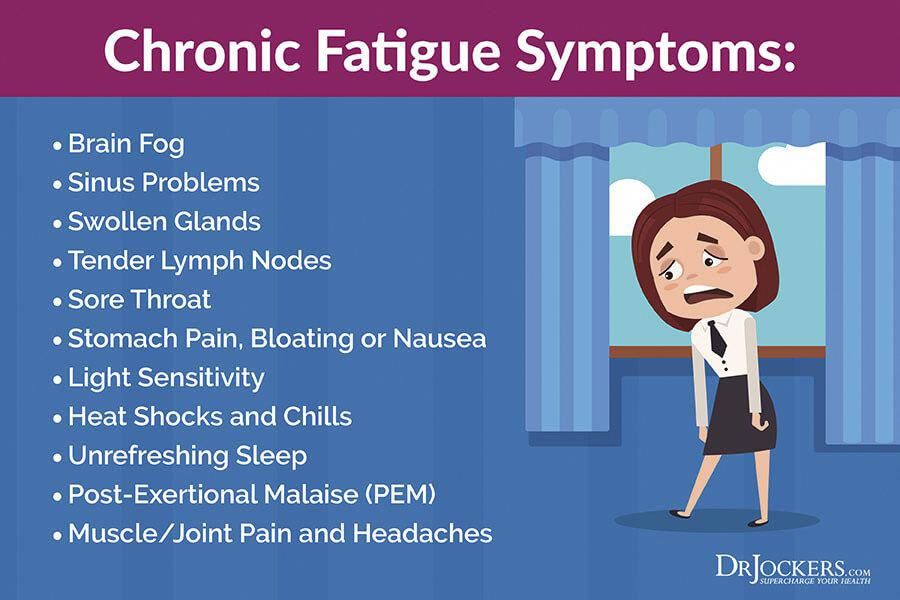 Omega-3 fatty acids are found in fatty fish such as salmon and tuna, flaxseeds, chia seeds, and walnuts.
Omega-3 fatty acids are found in fatty fish such as salmon and tuna, flaxseeds, chia seeds, and walnuts.
Numerous studies have shown that omega-3 fatty acids provide numerous benefits for brain health. For example, omega-3 fatty acids improve cognitive function and reduce inflammation in the brain. In addition, omega-3 fatty acids have been linked to a reduced risk of Alzheimer's and other forms of dementia. Including omega-3 fatty acids in your diet is critical for optimal brain health. By making sure we have plenty of these nutrient-rich foods in our diet, we can keep our minds sharp and clear. nine0003
While some foods can help prevent disease, others can cause it, including processed foods, sugar, and caffeine. It is also recommended to avoid alcohol whenever possible.
DEHYDRATION
Few realize that brain fog can often be associated with dehydration and lack of proper hydration. Research shows that even mild cases of dehydration can lead to cognitive decline and reduced brain activity, which in turn leads to brain fog.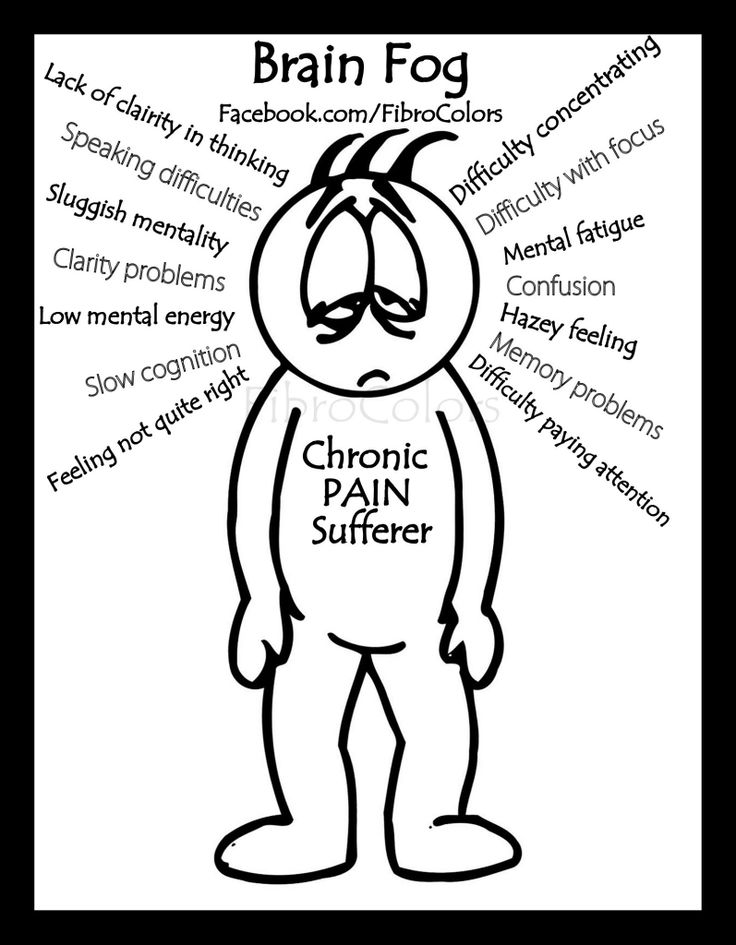 So the best way to fight fog is not to take brain-enhancing supplements or other over-the-counter drugs, but to keep your body hydrated throughout the day. This means drinking plenty of water, keeping a water bottle handy, and replacing high-sugar drinks like soda or juice with pure h3O. With regular hydration, you can say goodbye to fog in your head forever. nine0003
So the best way to fight fog is not to take brain-enhancing supplements or other over-the-counter drugs, but to keep your body hydrated throughout the day. This means drinking plenty of water, keeping a water bottle handy, and replacing high-sugar drinks like soda or juice with pure h3O. With regular hydration, you can say goodbye to fog in your head forever. nine0003
LACK OF SLEEP
One of the most important is getting enough sleep. Sleep is essential for brain health. When you sleep, your brain gets a chance to rest and recover. This means that if you don't get enough sleep, your brain won't be able to function at its best. Lack of sleep has been linked to many problems, including memory loss, difficulty concentrating, and mood swings. So if you're hoping to get rid of brain fog, make sure you get enough rest. If you think you are suffering from a sleep disorder, talk to your doctor or healthcare professional. nine0003
HORMONAL CHANGES AND IMBALANCE
Hormonal changes during pregnancy or menopause can often affect concentration, memory power and general concentration.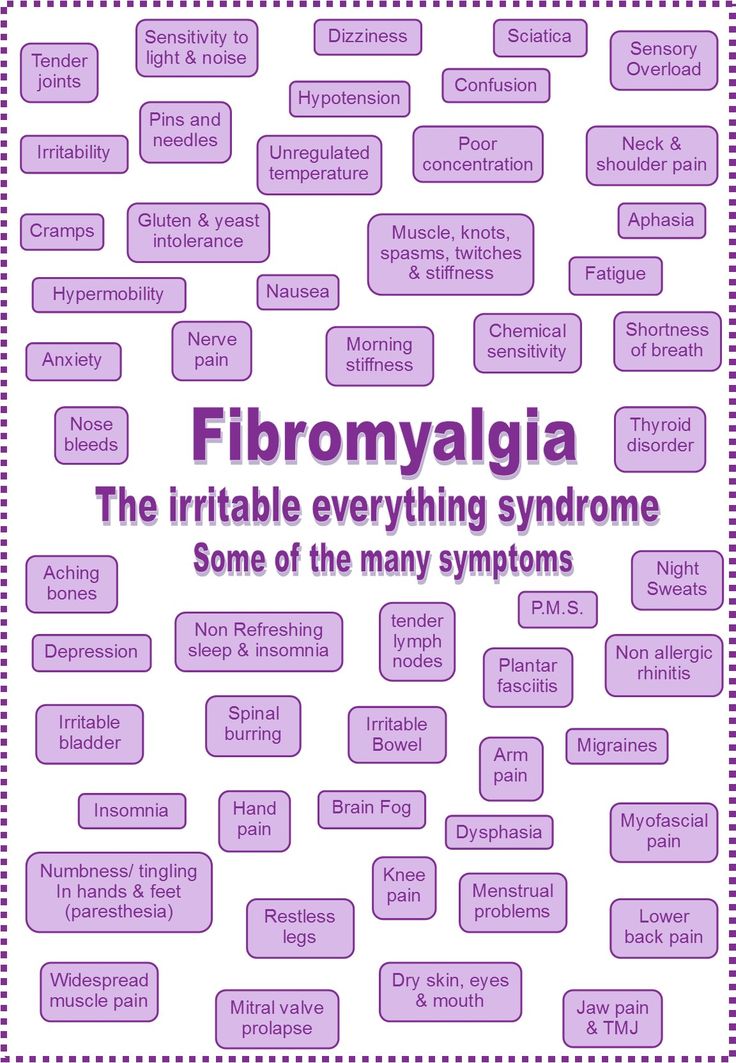 In addition, brain fog can signal that your hormones are out of balance. If the hormonal cause of brain fog is not addressed, it can lead to depression, anxiety, or fatigue. At the same time, hormonal fluctuations during the cycle can also lead to foggy - the closer to the luteal phase, the more likely you are to experience brain fog. nine0003
In addition, brain fog can signal that your hormones are out of balance. If the hormonal cause of brain fog is not addressed, it can lead to depression, anxiety, or fatigue. At the same time, hormonal fluctuations during the cycle can also lead to foggy - the closer to the luteal phase, the more likely you are to experience brain fog. nine0003
HOW TO CLEAR FOG
While brain fog can have many causes, including stress, lack of sleep, and some medical conditions, some simple steps can help clear fog and improve cognitive function. One of the most effective ways to combat brain fog is through regular exercise. Physical activity helps improve blood circulation and deliver oxygen and other essential nutrients to the brain. In addition, exercise helps reduce stress levels and promotes better sleep. nine0003
Another important step in the fight against brain fog is a healthy diet. A diet rich in fresh fruits and vegetables, whole grains, and healthy fats provides the brain with fuel for optimal functioning.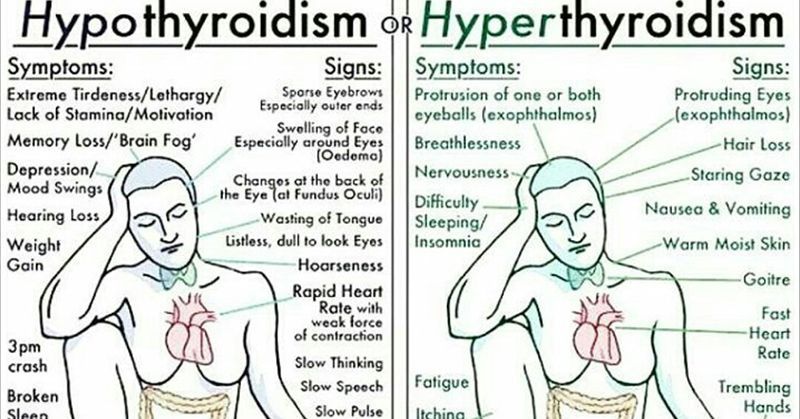 Conversely, a diet high in processed foods and sugar can contribute to brain fog.
Conversely, a diet high in processed foods and sugar can contribute to brain fog.
Finally, it's important to make sure you're getting enough sleep. The brain needs time to rest and recover from a long day at work, and not enough sleep can lead to problems with concentration and attention. If you're having trouble sleeping, try to establish a regular sleep pattern, including going to bed 30 minutes before bed and turning off electronic screens at least an hour before bed. nine0003
MEDITATION
In today's busy world, it's easy to get overwhelmed and stressed. Stress can lead to brain fog, whether it's work, family commitments, or other factors. Fortunately, one effective strategy for treating brain fog is meditation. By refocusing our attention and calming our minds, meditation can help release stress and fatigue, making it easier to think clearly and focus on a task.
In addition, studies have shown that the regular practice of meditation can even change the structure of the brain, increasing neural connectivity and improving brain function in various areas. So if you're suffering from brain fog, try including time for meditation in your daily routine - you may find that mental clarity is worth a few minutes of quiet introspection. nine0003
So if you're suffering from brain fog, try including time for meditation in your daily routine - you may find that mental clarity is worth a few minutes of quiet introspection. nine0003
BREATHING
One of the most effective ways is to simply focus on your breathing. These breathing exercises are a simple and effective way to combat brain fog. Deep breathing helps oxygenate the blood and deliver more oxygen to the brain. Increased oxygen levels help improve brain function and reduce feelings of fatigue.
The next time you feel hazy, try taking a few deep breaths and see if that makes a difference. Also, try to go outside for fresh air every day. Spending time outdoors can bring enormous benefits. nine0003
ENJOY ACTIVITIES
Research has shown that spending time doing activities you enjoy can help reduce brain fog. The next time you're feeling foggy, try taking a nature walk, listening to your favorite music, or meeting up with friends for a cup of coffee.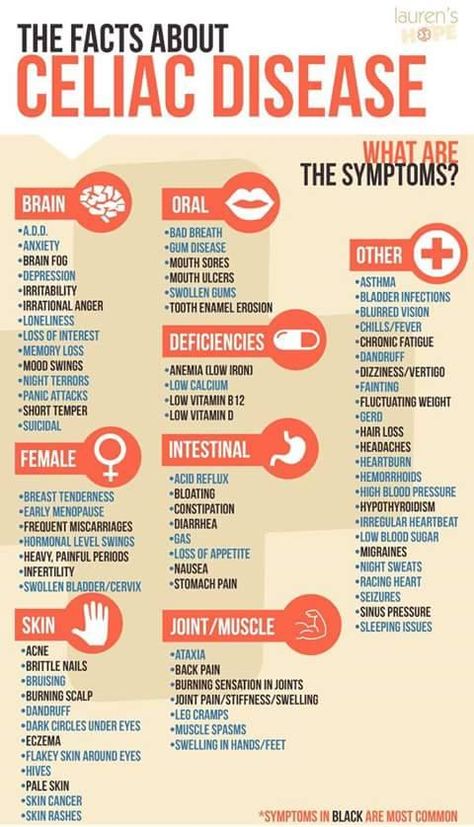 Engaging in social activities that bring you joy can help clear your brain of cobwebs and improve your focus.
Engaging in social activities that bring you joy can help clear your brain of cobwebs and improve your focus.
Anahana Mental Health Resources
MENTAL HEALTH BLOGS
Brain Fog
Resources
Brain Fog Medical Overview
What is Brain Fog and How to Eliminate It? - Harvard Health
Brain fog for dementia | OHSU
Brain fog: causes and treatment
what it is and why it occurs
Persistent poor concentration, memory problems and lack of mental clarity can indicate serious health problems. nine0003
Petr Yastrebov
Tags:
Question answer
Health
Popular
Brain
nakaridore / Freepik
Brain fog is not a disease in itself, but rather a symptom of other diseases.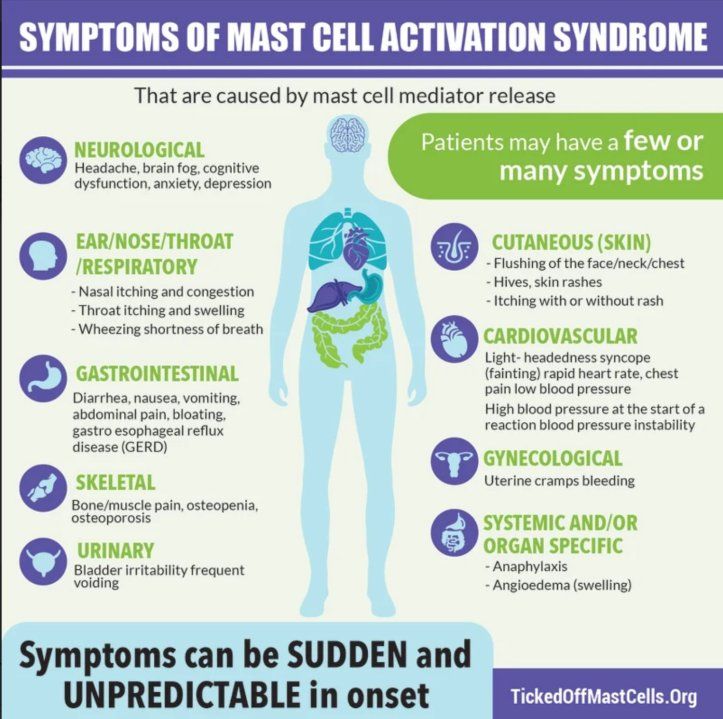 This is a type of cognitive dysfunction that includes memory problems, lack of mental clarity, poor concentration, and an inability to focus. Some people also describe it as mental fatigue. Depending on the severity of the brain fog, it can interfere with work or study. But it doesn't have to be a permanent feature of your life. nine0003
This is a type of cognitive dysfunction that includes memory problems, lack of mental clarity, poor concentration, and an inability to focus. Some people also describe it as mental fatigue. Depending on the severity of the brain fog, it can interfere with work or study. But it doesn't have to be a permanent feature of your life. nine0003
Contents of the article
There are many explanations for why brain fog occurs. Once you determine the root cause, you can begin to eliminate it. Here are six possible reasons.
youtube
Click to watch
Stress
Chronic stress can raise blood pressure, weaken the immune system, and cause depression. It can also cause mental fatigue. When the brain is depleted, it becomes harder to think, reason, and focus. nine0003
Lack of sleep
Poor sleep quality can also affect brain function. Try to sleep eight to nine hours a day.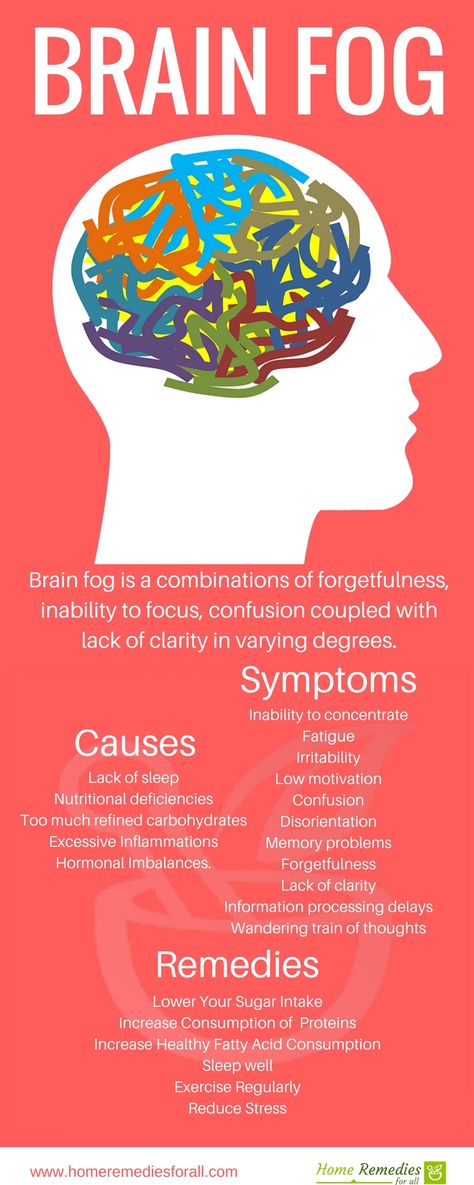 Lack of sleep can lead to poor concentration and foggy thoughts.
Lack of sleep can lead to poor concentration and foggy thoughts.
Diet can also contribute to brain fog. Vitamin B12 supports healthy brain function, and a deficiency can affect cognitive function. If you have a food allergy or sensitivity, you may also develop this condition after eating certain foods. nine0003
Medications
If you notice brain fog while taking certain medications, talk to your doctor. This symptom may be a known side effect of the drug. Reducing the dosage or switching to another drug may reduce symptoms.
Health conditions
Medical conditions associated with inflammation, fatigue, or changes in blood glucose levels can also cause mental fatigue. For example, brain fog is an indicator of chronic fatigue syndrome, which is manifested by persistent fatigue for more than six months. People with fibromyalgia may experience similar clouding on a daily basis.